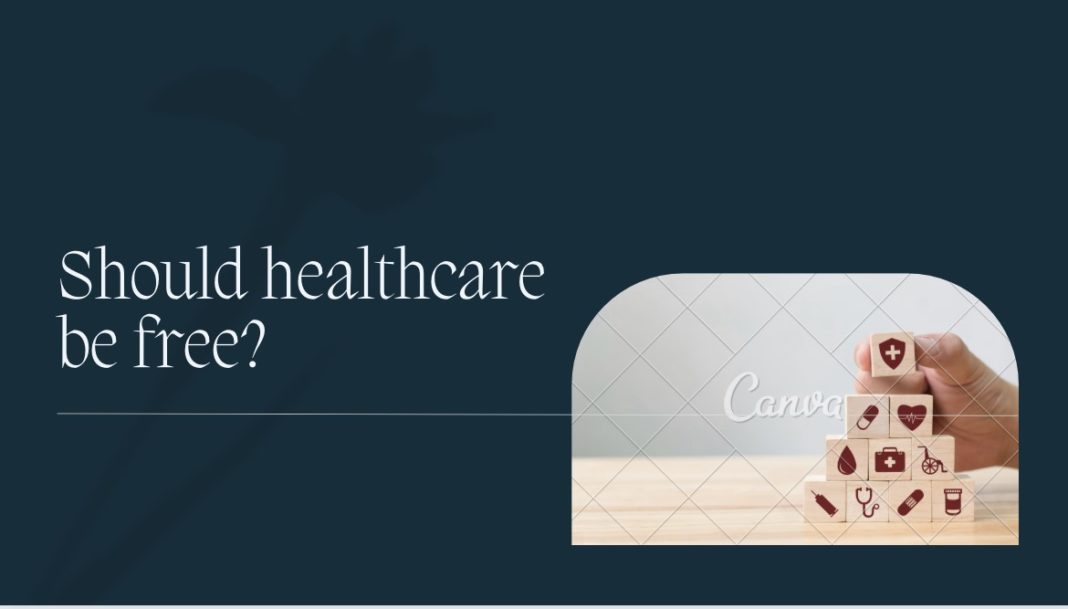The debate over whether the government should provide free healthcare is influenced by a country’s political and economic philosophies. Some argue that it is a fundamental right, while others advocate for a limited government role, emphasizing private healthcare options. The decision ultimately depends on policy and societal values.
Healthcare access varies across countries, communities, and individuals due to social and economic conditions, health policies, and personal limitations. It involves timely use of personal health services to achieve optimal health outcomes. Factors affecting healthcare access include financial constraints, and personal limitations such as poor health literacy and low income. These limitations negatively impact the use of medical services, treatment efficacy, and overall health outcomes, such as well-being and mortality rates.
Producing healthcare services free of charge ensures that all citizens, regardless of their income or socioeconomic status, have access to necessary medical care. This promotes social equity and can improve overall public health. According to Distinguishing Health Equity and Health Care Equity: A Framework for Measurement | NEJM Catalyst, healthcare equity more directly examines whether patients have equitable access, receive equitable care, and have equitable experiences. The institution should have the authority to influence health care equity measures.
Medical expenses can be a significant financial burden on individuals and families. Free healthcare reduces or eliminates these financial barriers, preventing people from going bankrupt due to medical bills. According to Health Costs and Financing: Challenges and Strategies for a New Administration | Health Affairs, healthcare spending continues to grow at an unsustainable rate. Whereas spending growth initially slowed after implementation of the Affordable Care Act (ACA), it has since accelerated. The acceleration of economic growth has led to a growing national debt, strained budgets, stagnant wages, and increased financial insecurity for Americans. Even with insurance, healthcare becomes increasingly unaffordable, with nearly half of the U.S. adults avoiding care due to cost.
For example, my grandmother, who is seventy-two years old, was having constant tooth aches. The pain from her toothaches were unbearable, so she had to hurry and schedule an appointment to get the rest of her teeth removed. Before scheduling an appointment, she contacted her insurance company to see how much she would have to pay to get her teeth removed. At first, the insurance company and her doctor both told her that she had enough insurance to pay for this process. After two weeks, it was time for her consultation appointment. The consultation went great, but they told her that she would have to pay a $1,400 copay to finish the process.
A healthy population is essential for a nation’s productivity and well-being. By offering free healthcare, the government can invest in preventative care, early disease detection, and timely treatment, which can reduce the overall burden of illness and healthcare costs in the long run. The implementation and effectiveness of free healthcare systems vary from country to country and the choice of healthcare system.
I think that healthcare should be free to everyone. Healthcare access would improve the economy, prevent the spread of diseases, promote equality, and benefit the homeless, middle, and lower class, while addressing suffering.
